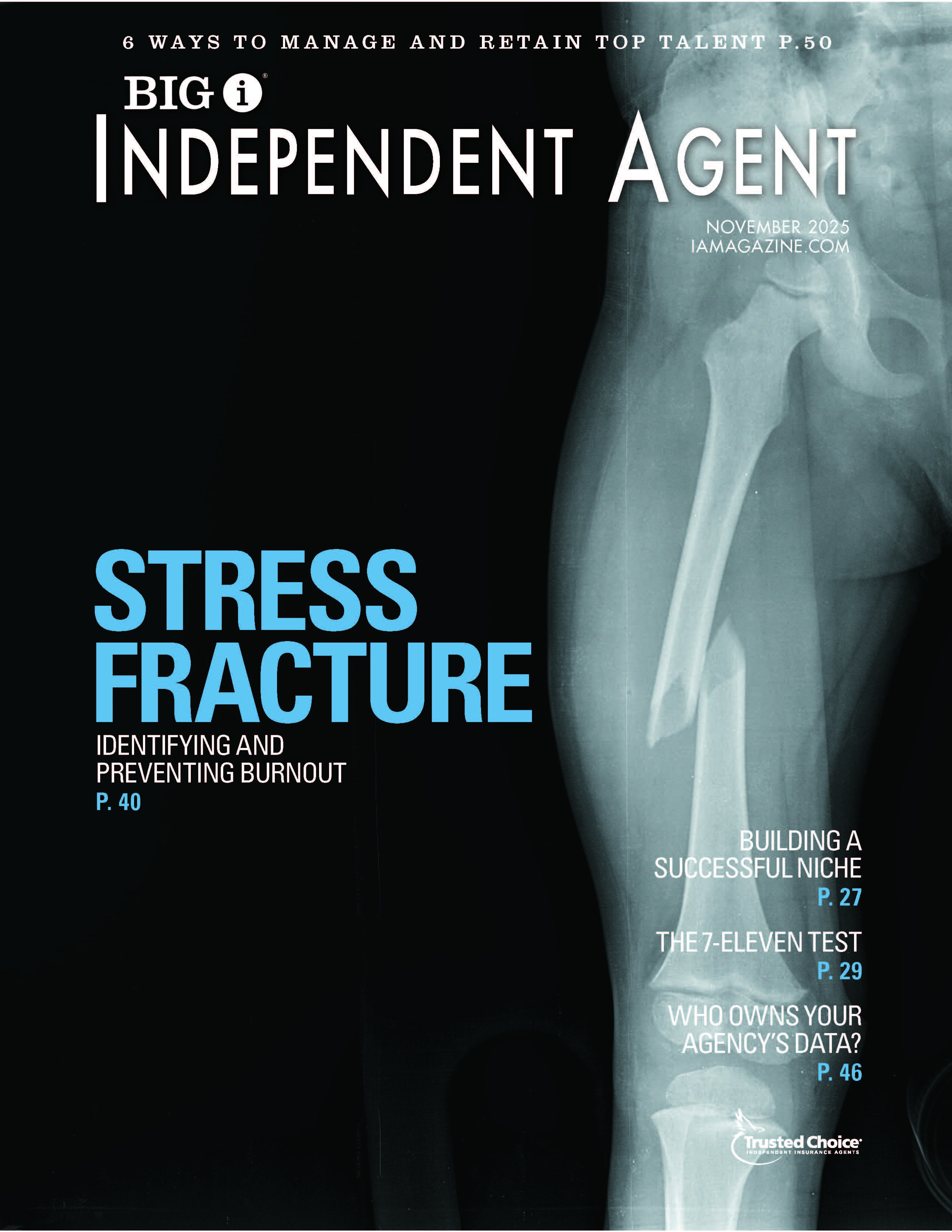Property Value Estimator: Who Is Liable for Underinsured Homeowners Claim?

By: Big “I” Virtual University Faculty
Q: If an agency uses a carrier’s property cost estimator evaluation tool to come up with a valuation on a risk, who is liable if the risk is underinsured?
Response 1: First, the limit is chosen only by the insured. It is their responsibility to determine what they are buying as a limit. Second, these tools are only an estimate. Independent agents are not insurance appraisers. At best, they provide assistance to the insured in understanding the difference between an insurance limit and values from other non-insurance sources. Third, the insured is providing the information that populates the formula that produces the estimation. Garbage in, garbage out. If the information they provide is inaccurate, these estimators are totally worthless.
Response 2: An agency should not use a cost estimator to indicate replacement cost or any other value to the named insured. The agency should use the cost estimator at the insurer’s request to indicate the minimum amount of insurance for eligibility with the insurer—not as a sufficient amount of insurance.
Response 3: A disgruntled client can allege that the estimator was faulty and they could pursue an errors & omissions claim against the agency. Whether the agency is found liable would be a matter of facts and litigation. Here’s an article from the Big “I” Virtual University about inadequate replacement cost.
If you offer these figures based on an estimator, make it perfectly clear in all your communications—documentation in writing is preferred—that this is a tool and that it is up to the insured to decide the correct amount of coverage they require. The real replacement cost is only known after the loss occurs. Also, inflation can greatly impact any calculations made at the time of sale.
Response 4: Insurers have been sued by underinsured homeowners who claimed the company’s replacement cost estimators didn’t indicate the proper amount of coverage. The suits have led to the use of more detailed and sophisticated estimators. A growing E&O exposure for agents is that they don’t have the information needed to complete these more detailed estimators accurately.
Agents should provide a copy of any replacement cost estimate they complete to the insured, ask them to advise of any changes or corrections and make it clear that it’s only an estimate and more coverage may be needed.
Response 5: This is why adding a guaranteed replacement cost endorsement is really important. Equally important is reading it to be sure it gives as broad a guarantee as possible. Also, be sure your insured provides accurate replacement cost info.
Response 6: It might be a good idea to give the insured a disclaimer along the lines of: “The replacement cost determined by this form is an estimate based on average construction costs adjusted for regional differences. Actual replacement cost will be determined at the time of loss and may be impacted by the cost of materials, supplies, labor, ordinances or laws, inflation or other factors. This estimate is not a guarantee of replacement cost. For a more accurate estimate of replacement, contact an architect or contractor.”
If your carrier will write guaranteed replacement cost coverage, that might reduce the underinsurance problem.
This question was originally submitted by an agent through the Big “I” Virtual University’s (VU) Ask an Expert service, with responses curated from multiple VU faculty members. Answers to other coverage questions are available on the VU website. If you need help accessing the website, request login information.
This article is intended for general informational purposes only, and any opinions expressed are solely those of the author(s). The article is provided “as is” with no warranties or representations of any kind, and any liability is disclaimed that is in any way connected to reliance on or use of the information contained therein. The article is not intended to constitute and should not be considered legal or other professional advice, nor shall it serve as a substitute for obtaining such advice. If specific expert advice is required or desired, the services of an appropriate, competent professional, such as an attorney or accountant, should be sought.










